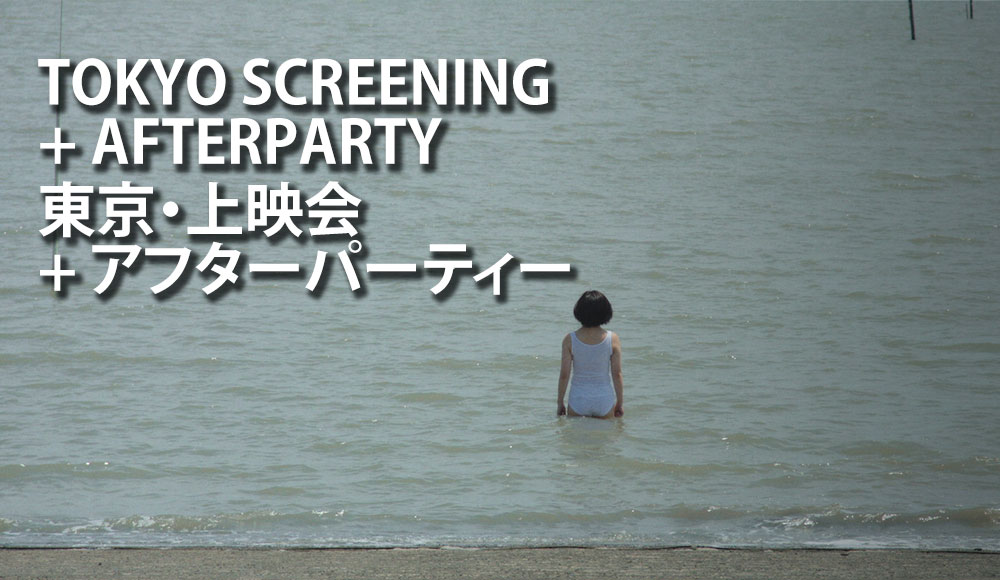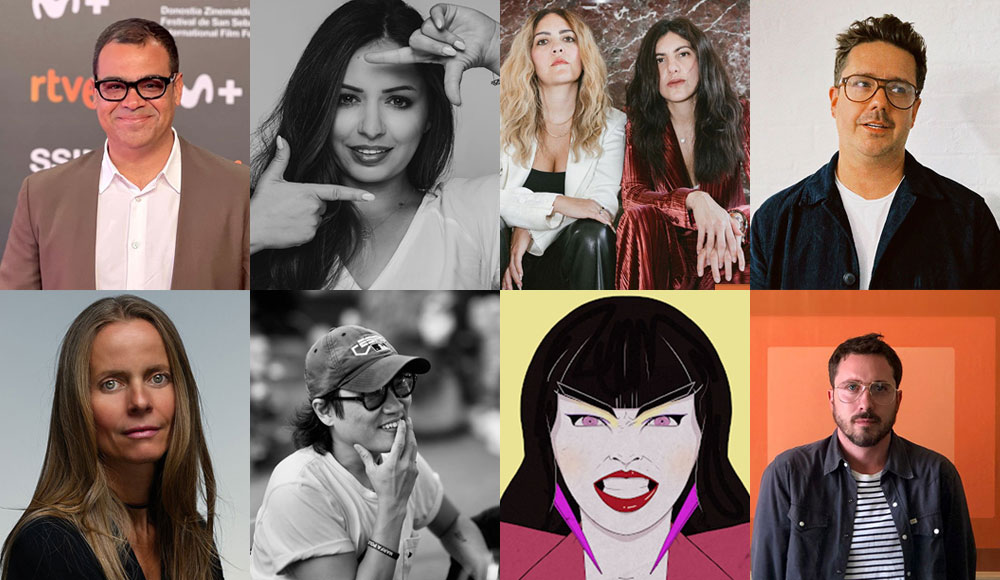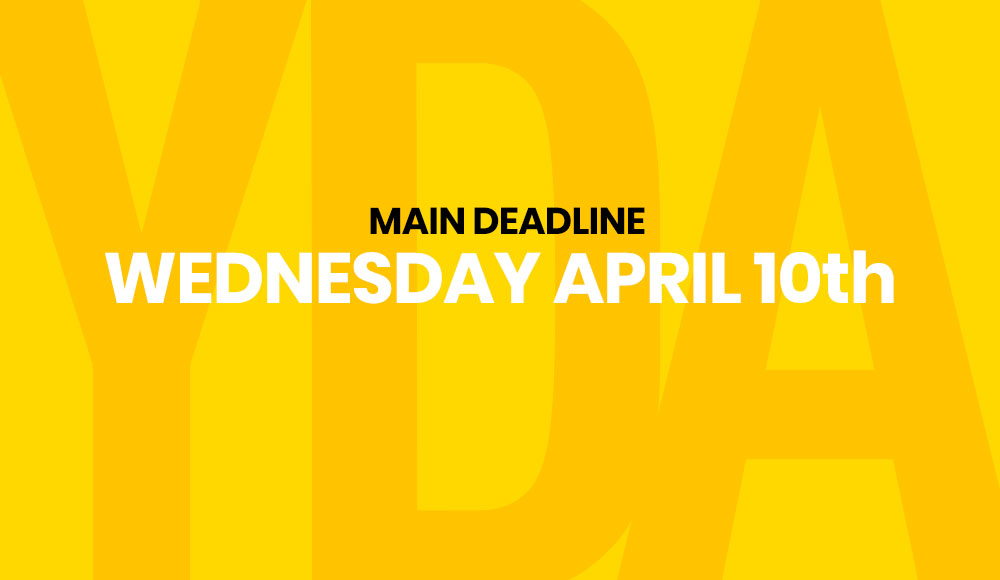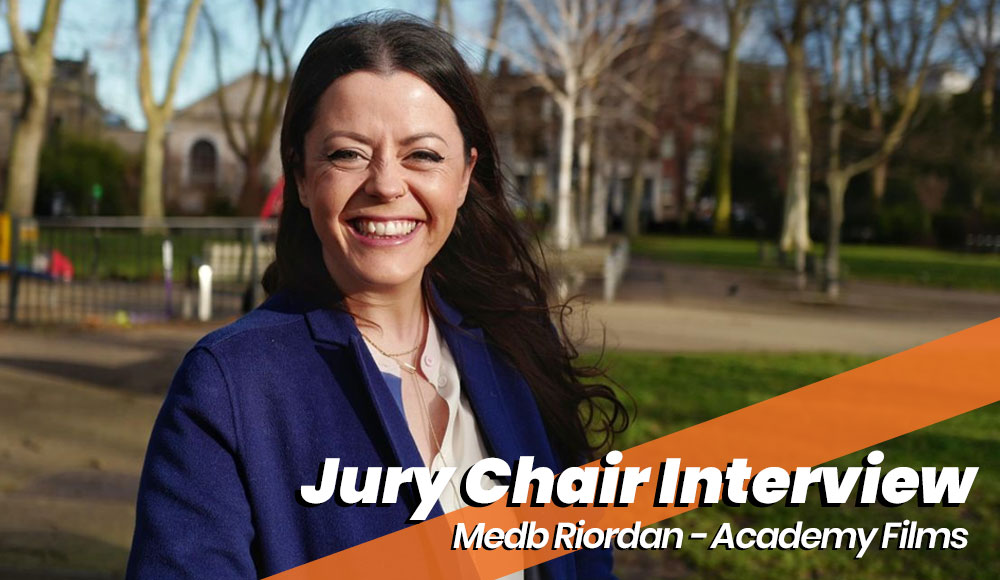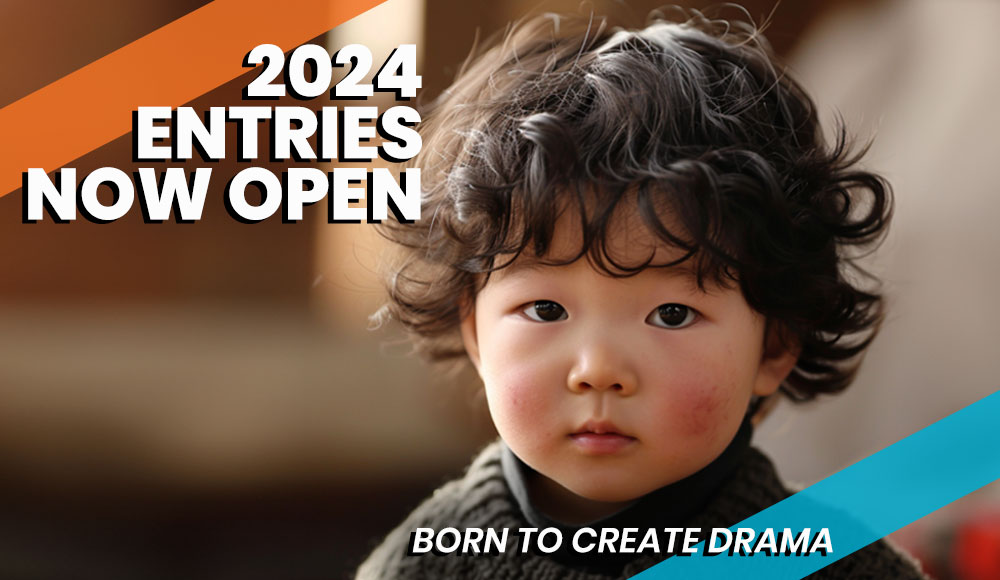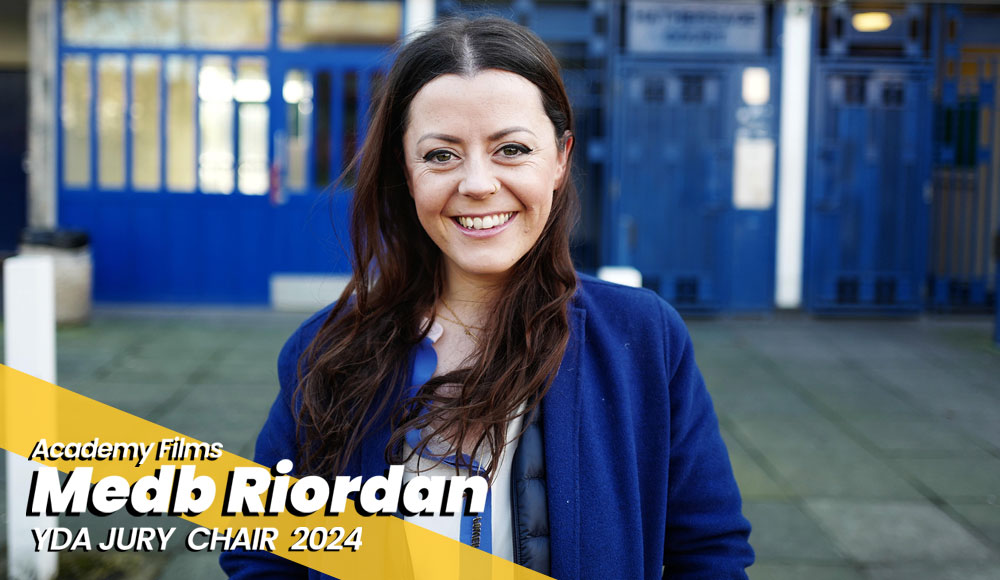From shooting comedy to short films in 3D, we thought RSA and Les Producers director Barney Cokeliss would be able to teach us a thing or two. We also rolled through his showreel to select our favourites
What do you wish you’d known when you were 18?
How time accelerates!
Can you remember the first time you picked up a film camera?
Yes, I had my Dad’s old Bell&Howell Super 8. You had to point it at the feet of your subject to focus it with some kind of internal pendulum – bonkers! But it looked great.
Where did you grow up and how do you think that has affected your work?
I grew up in London NW6, very close to where I now live. It affected my work quite a lot, I think. I’ve always been interested in films that feel local in some way – whether they’re local to somewhere atmospheric like Little Italy, or somewhere that – to our eyes at least – is more mundane. I’ve often found the depiction of London in movies a bit disappointing, which is one of the reasons I set one of my first shorts (Queen’s Park Story) in the part of London I grew up in.
What were the challenges of making The Foundling, especially working in 3-D?
The Foundling was a great challenge on so many levels. The existing Parallel Lines films were a tough act to follow, for a start.
The film had to be a bit other-worldly and, since it’s a period piece, there was a lot of design to get right in sets, costume, make-up and so on.
My ambition for the film was to make something emotive, despite the short running time. So the casting and performance were really critical.
Working in 3d you have twice the number of cameras, so twice as many things that can go wrong technically. Then you’ve got the issue of the rigs, which can be temperamental. So 3D is like having another weapon in your armoury, but it’s also another ball to keep in the air.
Changing a lens – which in 2D can be a two to five minute operation – can take 30 to 40 minutes in 3D. So you can’t afford to play around with shooting the same shot on different lenses and see what you discover – there just isn’t the time in the day. You end up being much more sparing – we used only three lenses on The Foundling and one of those only a couple of times. This isn’t unique to 3D – film-makers like Ozu and Polanski famously use only one or two lenses – but in 2D it’s a choice, whereas in 3D it goes with the territory.
3D also makes you reconsider your visual storytelling. It leads you to a more inclusively-framed, somewhat classical style with longer shots and fewer cuts. This is partly because the eye needs more time to process a 3D image and also because the 3D effect doesn’t suit certain kinds of framing. You can’t really crop things in the foreground the way we do all the time in 2D film-making. But it’s also because the camera rigs are large and rather slow to use. So you can’t shoot dozens of shots in one day – you have to boil your story down to the key images. I don’t think I’m giving away any secrets when I tell you that there isn’t one single shot that we did on The Foundling that isn’t in the edit. You have to be well prepared and economical.
You were joint writer on The Foundling. Did you write or draw your script?(Perhaps an idiotic question as I’ve just read that you did English at Oxford – oh well!).
Zeferino Villareal and I wrote it as words on paper. The storyboard came later.
What do you think are the biggest influences on your directing style?
I try not to think about this too much as it would be a shame to be intentionally derivative. But, like a lot of directors, I find Scorsese’s grip on the medium unique and exhilarating. It’s like when an author has an amazing prose style – you want to keep reading whatever the story is. I find his shots and scene-construction like that. I was a bit mystified as to why Shutter Island didn’t get more recognition – to me, it was the film that Inception was trying to be…
What advice would you give to anyone hoping to become a director?
Start as soon as possible. Do it as much as possible. Don’t fuss about production value. Tell stories. Get on with it.
What piece of work are you proudest of and why?
It’s always tempting to say the most recent, but in this case – The Foundling – it’s true. The reason is that I think we pretty much achieved the aim, which was to tell a complete story, with some emotional impact, in such a short space of time.
What’s your favourite thing about the directing process? And your least favourite?
Favourite is when everything flows and everyone’s efforts complement each other. When you can feel the identity of the film start to emerge – it’s always different to how you’d imagined it in some ways and exactly how you imagined it in others, and that’s exciting. Working with the right actors, on a script that works, it’s always wonderful to see great actors bring a scene to life.
Least favourite? In terms of advertising, I don’t think any director would tell you that they love preproduction meetings. It always amuses me when a PPM ends in euphoria when actual fact the work is just beginning. As for film-making in general, it would be the sleep deprivation.
What has been the most valuable lesson you’ve learnt during your directing career?
I think it’s the sum total of all the small lessons you learn that really make the difference. But the most essential is that material is king. What’s on the page is what gives you a chance to make something great.
Was your directing career something that developed quite organically or did you have a plan? How did you get to where you are today?
I had a plan but I’ve not fulfilled it yet! A lot goes back to two successful shorts that I made early on. I tell aspiring directors that they don’t have to have a huge body of work behind them to launch a career, they just need the right work.
Do you think it’s easier or more difficult for new directors trying to get themselves established in the industry now? Why?It’s way easier to make a film now. You can just use your phone and your laptop. But the corrollary of this is that it’s way harder to get noticed. Because more people have made a film.

